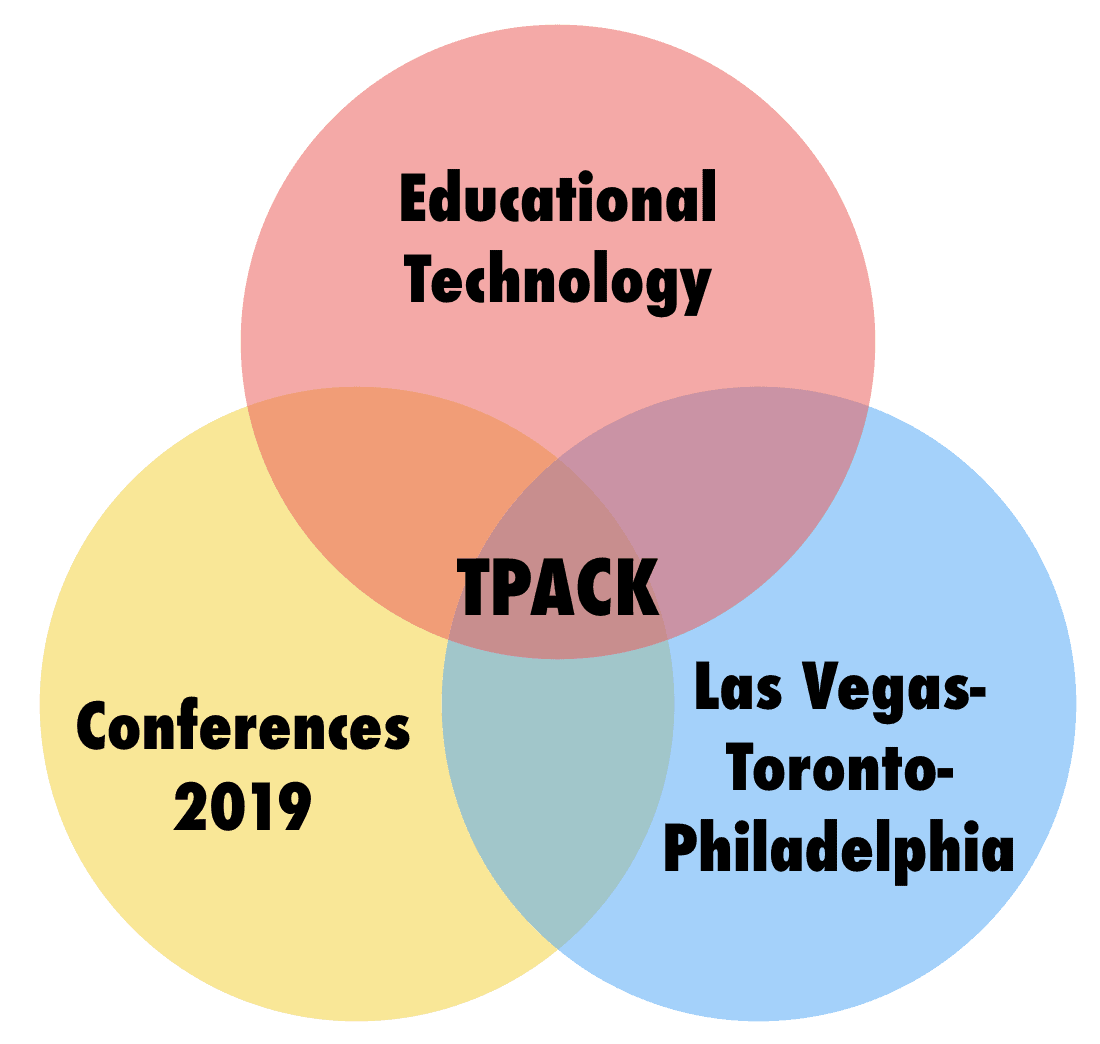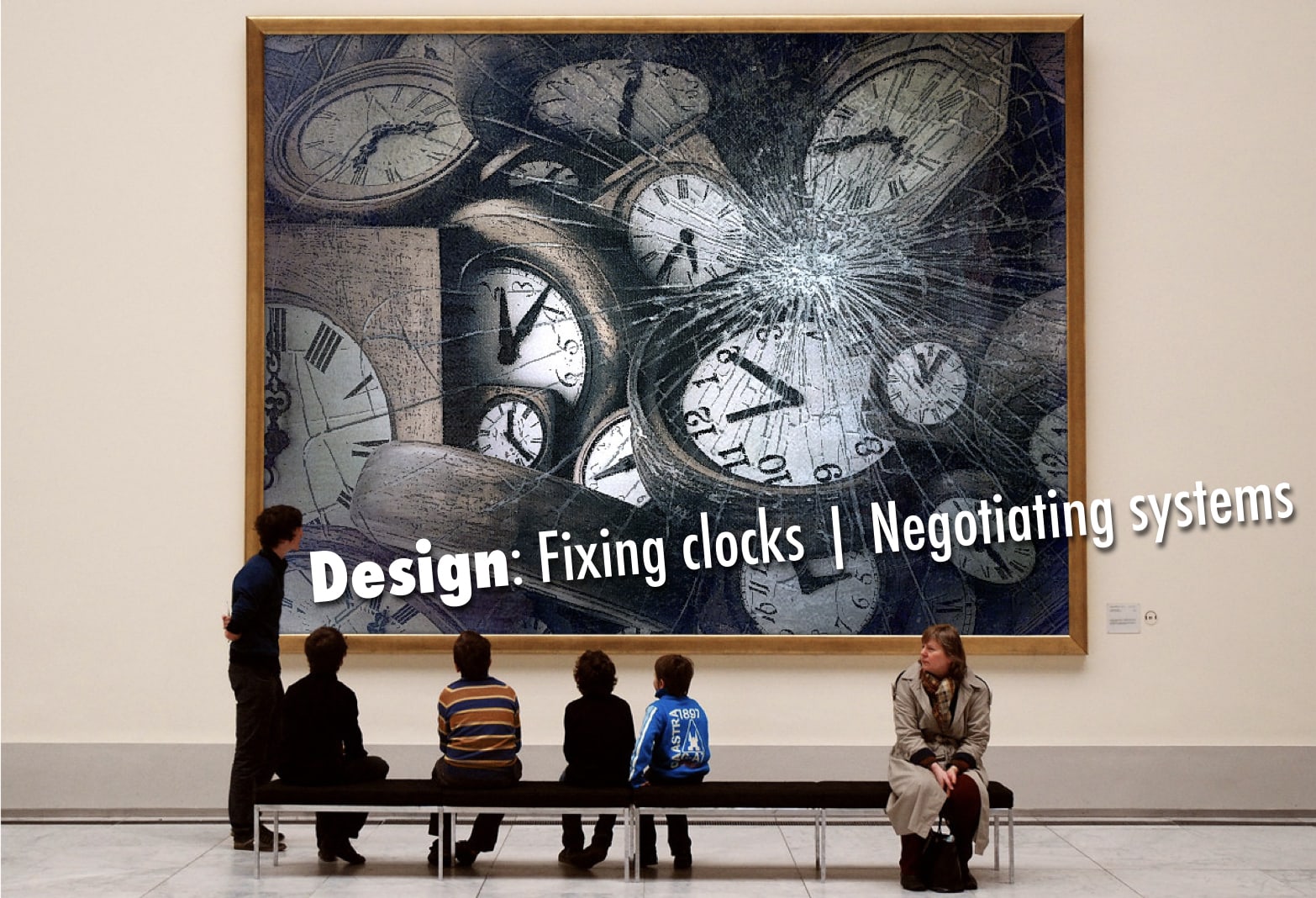Jugaad is a Hindi word which does not have a straight forward equivalent in English. I guess the closest phrase I would say would be “situational or indigenous creativity,” the ability to make do creatively with the tools/resources one has at hand.
On Jugadu.com I came across a pretty good definition:
Jugaad refers to an improvised or jury-rigged solution; inventiveness, ingenuity, cleverness. It means creative improvisation and finding alternative ways of doing improbable things. It reflects on a person’s ability to think out of the box and optimize resources in the best possible way.
This is a great example…;
Jugaad has a long history in India, though I had a hard time coming up with documented examples. This posting is a beginning in that direction.
- Wikipedia article on Jugaad
- Here is an article in the Times of India with some examples: Makeshift miracles, the Indian Genius for Jugaad.
- Jugaad as a Business buzzword, and in the software industry
- Some good examples, with photographs, from Tripti Lahiri’s India journal,here (though you may have to scroll down a bit to the section titled “Indian D-I-Y (December 31, 2007)” get there)
- Some photographs on Flickr that may be of interest: 1, 2, 3, 4, 5, 6, 7, 8, 9, 10, 11, 12, 13, 14, 15, 16…
- In an educational context, the idea of Jugaad is quite close to the idea of “repurposing technology” that I have often argued about. In India, the Hoshangabad Project had an initiative called Kabaad Se Jugaad, literally “Creativity with Rubbish” where found objects or discarded objects were used to create educational kits or toys. (Here and here are some Flickr photos of people engaged in Kabaad Se Jugaad.)





Hi,
Thanks for the inspiration article.
Kabaad Se Jugaad, what an awesome way to be creative!
🙂
Thanks Bernie. Great resource. Keep up the good work. ~ punya
This concept is a great gift to the world. You might also be interested in the Junkyard Sports Community – http://junkyardsports.com/community – where we take this idea into the invention of new, informal sports.